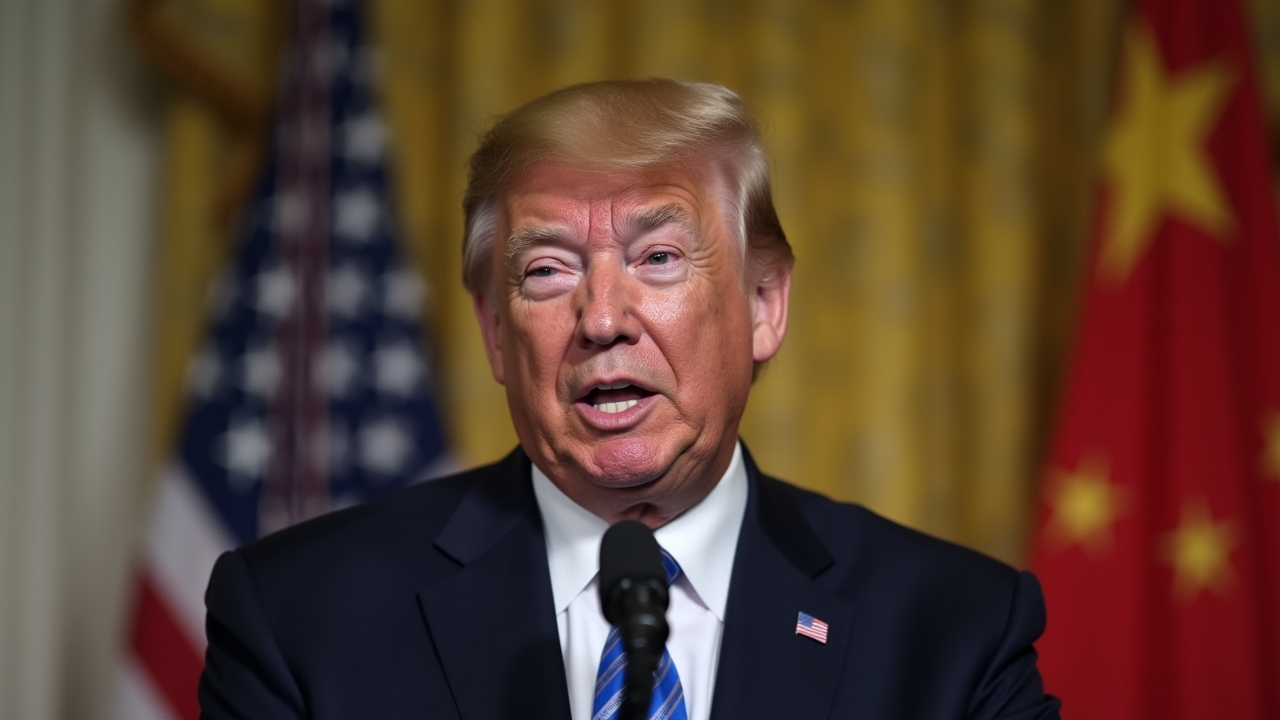PROTECT YOUR DNA WITH QUANTUM TECHNOLOGY
Orgo-Life the new way to the future Advertising by AdpathwayRep. Jared Golden’s announcement that he will not seek re-election signals a significant moment in the shifting landscape of American politics. Citing factors such as political violence, deepening polarization, and the recent government shutdown, Golden reflects on his decision with a mix of pride for his public service and concern for his family’s safety. He clearly states that “recent events have made me reconsider whether the good I can do in Congress still outweighs the cost to my family.” This sentiment underscores a growing anxiety among lawmakers about the climate in Washington.
Golden represents a district that sharply shifted toward the Republican Party, having been won by Donald Trump by ten points in the last election. This context makes his decision particularly impactful as he highlights the difficulties facing moderate Democrats in increasingly polarized environments. The challenge he faces from former Maine GOP Gov. Paul LePage looms large as Democrats strategize for the next election cycle, and Golden’s departure could complicate their efforts to regain the House majority.
In a column for the Bangor Daily News, Golden articulates fears about the safety of his family and the political climate prevalent today. He recalls several violent incidents involving political figures, mentioning attempts on Trump’s life, the tragic assassinations of lawmakers, and threats made against public officials. While he points to violence on both sides of the political spectrum, the specific attribution of political ideology becomes a critical element in his narrative. He cites leftist actions without delving into their motivations while also condemning elements of the MAGA movement and President Trump’s influence on the Republican Party.
Golden acknowledges the risk of allowing extremist factions to dictate the direction of the Democratic Party. His words reflect a deep concern about the erosion of traditional political norms. He writes, “We’re allowing the most extreme, pugilistic elements of our party to call the shots.” This admission suggests a readiness to confront the internal challenges that Democrats face, especially as they grapple with the fallout from the previous election.
The shutdown of the government serves as a focal point in Golden’s critique of both parties. He recalls how Democrats used to criticize Republicans for such tactics and laments the fact that his party has resorted to similar strategies in a desperate effort to salvage their influence. “For as long as I can remember, we have opposed shutting down the government over policy disputes,” he states, emphasizing a belief in principles now overshadowed by the immediacy of political survival.
Golden’s reflections reveal a troubling cycle for lawmakers who find themselves caught between duty and the risks that accompany public service today. His decision not to run again may resonate with other lawmakers who are equally disillusioned by the current state of American governance. As both parties become more entrenched in their ideological battles, moderate voices like Golden’s may find it increasingly difficult to survive, leading to greater polarization in Congress.
In essence, Jared Golden’s departure from the House encapsulates a broader trend affecting lawmakers across the country. The pressures of maintaining safety, serving constituents, and navigating a hostile political environment weigh heavily on the decision-making processes of elected officials. His resignation is a grim reminder of the dangers faced by those in public service and a call to attention about the paths that American politics may yet take.
"*" indicates required fields


 3 hours ago
1
3 hours ago
1

















.jpg)






 English (US) ·
English (US) ·  French (CA) ·
French (CA) ·